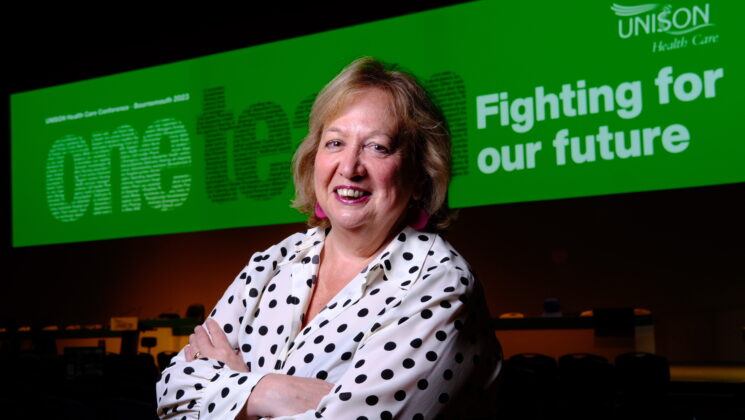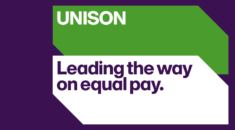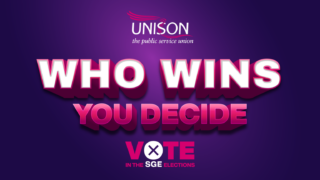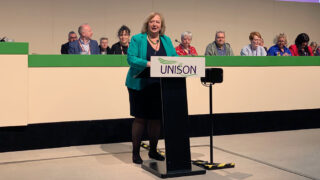The pursuit of equal pay is part of UNISON’s daily battle against deeply entrenched biases and systemic inequalities. We’re driven by our commitment to break free of stereotypes that undervalue workers. And we are unrivalled in our successes.
You only have to look at the Glasgow equal pay victory to understand our strength.
We’ve won the most equal pay cases, we’ve won the most money for members, and we don’t take a cut from the payouts.
It’s a fundamental issue of fairness that every worker deserves equal pay for work of equal value. However, despite years of progress, many workers – and particularly those in low-paid jobs – continue to face a persistent and unjust pay gap.
The public service workers we represent are the backbone of our communities, providing support for everyone day in, day out. But they often find themselves on the wrong side of the pay scale, struggling to make ends meet and facing the harsh realities of income inequality.
As the first female leader of UNISON, the UK’s largest trade union with over one million women members, I’m compelled by the urgency of closing these unequal pay gaps. Not just for women public service workers, but for Black, LGBT+ and disabled workers, who face workplace discrimination that too often results in their work being undervalued.
UNISON works tirelessly across public services to negotiate fair wages, challenge discriminatory practices, raise awareness about the importance of equal pay and take legal action where needed.
But to achieve wage equality across the whole of our society, and to permanently close pay gaps, we need systemic change.
That means legislation that doesn’t let employers off the hook, workplace policies that promote pay transparency, the constant challenge of pay discrimination, and equal opportunities for disadvantaged groups to advance in their careers.
This shared aim shouldn’t just be about finally publishing a pay gap report that has the right figures in the right columns, it’s about the lives of countless workers who will get the pay and recognition they deserve.
If we succeed in making this permanent change, we will make sure that future generations can enter the workplace with the confidence that they will be treated fairly.







